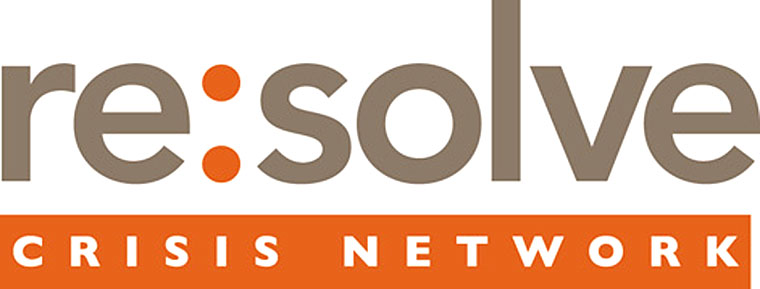
Crisis Care Centers vs ERs
The first time Mike became psychotic, I drove him to a hospital emergency room. We didn’t know any psychiatrists and Mike needed immediate help. Taking him there turned out to be a mistake.
Emergency rooms are where everyone goes nowadays whenever they have any kind of health-related crisis, but many are poorly equipped to deal with psychiatric patients in the midst of a mental break. 
Some patients are turned away, as Mike and I were, without getting help. Or a patient might be held down and given a shot of Haldol or another strong anti-psychotic that will help stabilize him but also can turn him into a walking zombie for days.
Making Burger King Accountable: Part TWO
I writing again about the need to make Burger King accountable for the objectionable television advertisement that it is broadcasting and to bring you up-to-date about my campaign to make the company pull this ad off the airways.
After writing about the ad in my Wednesday blog, I sent out appeals to four different mental health advocacy groups.
My friends, Bob Carolla and Ron Honberg at the National Alliance on Mental Illness, the largest grassroots mental health advocacy group in the nation, responded immediately. Bob, who heads up NAMI’s media relations, and Ron, its director of policy and legal affairs, told me that NAMI Executive Director Mike Fitzpatrick already had written a letter complaining to Burger King.
Mike had mailed it March 4th, but Burger King’s Chief John W. Chidsey had not had the courtesy of responding. (Mike’s letter is attached at the end of this blog.)
Glenn Close, Joey Pants and Fighting Stigma
 Everyone complains about stigma and I am convinced that the best way to end it is by putting a human face on mental illness.
Everyone complains about stigma and I am convinced that the best way to end it is by putting a human face on mental illness.
It is much more difficult to walk by a person who is homeless and psychotic if that person is your son, your daughter, a member of your family or someone you know. This is why I encourage people with mental disorders and their loved ones to speak out and tell people that mental illnesses are exactly that – illnesses – which can happen to anyone.
Last week, I appeared on a panel at the National Association of Black Journalists Conference on Health Disparities in Washington D.C. that was sponsored, in part, by Eli Lilly. It was an interesting conference for me because I learned a lot about cultural disparities from Dr. Henrie Treadwell of the Morehouse School of Medicine, and Dr. Annelle B. Primm, Director of Minority and National Affairs at the American Psychiatric Association. Both explained that schizophrenia, bipolar disorder, and depression do not pay attention to skin color. But there is a huge difference in how various ethic groups react to mental illnesses. Many African American males are reluctant to seek help because they are afraid of being perceived as being weak in their communities.
What should we do when there is a shooting?
I had planned to write today about my trip out of the snow-bound Washington D.C. area to Los Angeles where I toured Skid Row and the Twin Towers, which is the nickname for the city jail. As many of you know, the jail is the largest public mental institution in the U.S.
However, I decided to wait until Monday to post that account because of the police shooting here in Fairfax, Va. that put Ian Smith, a person with mental illness, into the hospital in critical condition.



